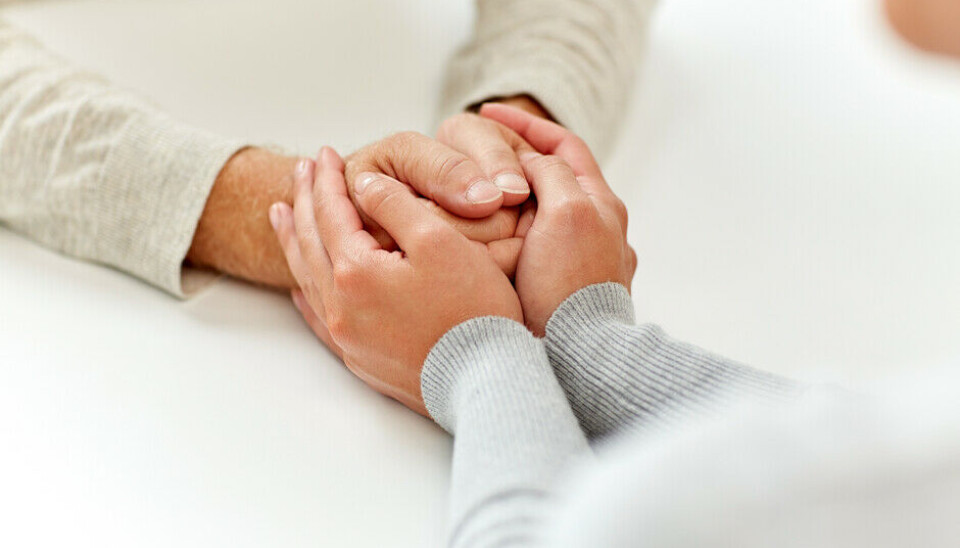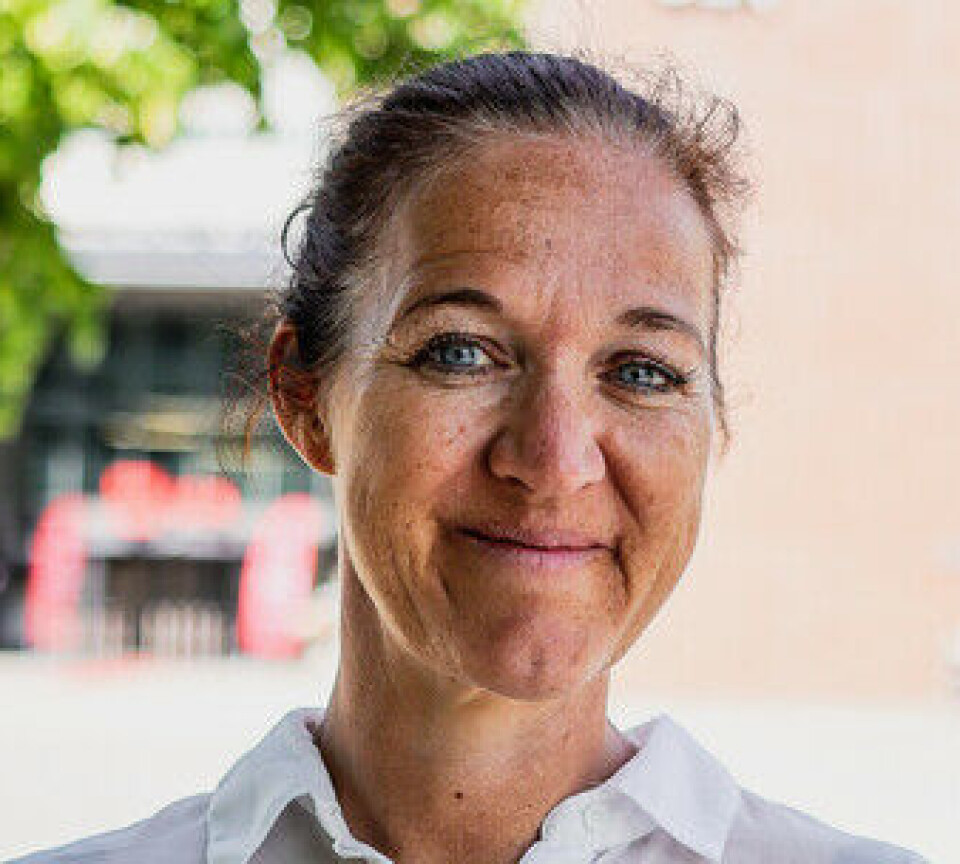THIS CONTENT IS BROUGHT TO YOU BY THE University of Agder - read more

Treatment improved when people with HIV supported each other
People living with HIV are often isolated and face discrimination. Being supported by others with the same diagnosis can increase their quality of life.
“I clearly saw how important it is for people to recognise themselves in the experiences of others. There is a need for an offer like this for everyone, regardless of where you live in Norway,” Anita Øgård-Repål says.
She is an associate professor in the Department of Health and Nursing Sciences at the University of Agder (UiA).
Great help for those living in hiding
She conducted a study on peer support work. That is, people who help others with the same diagnosis as themselves. In this study, she interviewed individuals living with HIV.

“They are not healthcare workers, but people who’ve lived with the diagnosis for several years. Many of them have full-time jobs and do this voluntarily. They are of great help to others who may have just been diagnosed and are living in hiding. Many people living with HIV fear that they will be stigmatised if they talk about their diagnosis,” she says.
Øgård-Repål's findings show that when people with the same diagnosis help each other, treatment improves and trust in the hospital increases. She hopes her work can inspire support services for other chronic diseases.
“Many people believe they are going to die”
Most of the conversations in peer support work take place one-on-one in a private room at the hospital or digitally. The conversations are meant to help patients see that they can live normal lives.
“We see that these conversations mean a lot to them. The peer becomes a role model for how to live well with the diagnosis,” the researcher says.
As part of peer support work, nurses and doctors are also available for conversations and medication advice. They can provide updated knowledge and exchange experiences with their patients.
“Many peoplebelieve they are going to die from HIV and may not know that they can get good medical care,” Øgård-Repål says.
She explains that there are many misconceptions about HIV that are not true.
“It is a sexually transmitted disease, but there is little risk of infection both with and without medication. Many think they will be physically weaker, but many live a normal life and do not appear sick. However, they are more susceptible to diseases such as diabetes, cancer, and cardiovascular diseases,” she says.
Afraid of being labelled as a prostitute
During the study, Øgård-Repål found that individuals with immigrant backgrounds, in particular, had difficulties accepting the diagnosis. Their cultural background often associates HIV with homosexuality or prostitution.
“Some come from countries where homosexuality is illegal and strongly condemned. If they get tested for HIV, they face prejudices and they fear what life with the diagnosis will be like in Norway,” she says.
The researcher noticed that encounters with another HIV-positive person, whether of Norwegian or minority background, improved their quality of life and trust in the health information they received.
“They receive information about the diagnosis from healthcare professionals, but when a peer supporter meets them, it carries higher credibility. It is easier for them to understand when it is explained by someone in the same situation, someone who has lived with it for a long time,” she says.
Significant differences
In some cases, however, the fear can be so great that they do not want any help. They are afraid of what will happen if the word spreads about their diagnosis within the community.
During the study, Øgård-Repål observed that many found it difficult to even attend an anonymous conversation. The researcher noticed a significant difference between those who engaged in conversations and those who did not.
“Those who open up to conversations did not experience as many tough days. Within the secure framework of a hospital, they didn’t think that anyone would judge them,” she says.
Reference:
Ødegård-Repål et al. Peer support in an outpatient clinic for people living with human immunodeficiency virus: a qualitative study of service users’ experiences, BMC Health Services Research, vol. 22, 2022. DOI: 10.1186/s12913-022-07958-8

This article/press release is paid for and presented by the University of Agder
This content is created by the University of Agder's communication staff, who use this platform to communicate science and share results from research with the public. The University of Agder is one of more than 80 owners of ScienceNorway.no. Read more here.
More content from the University of Agder:
-
Fear being rejected: Half pay for gender-affirming surgery themselves
-
Study: "Young people take Paracetamol and Ibuprofen for anxiety, depression, and physical pain"
-
Research paved the way for better maths courses for multicultural student teachers
-
The law protects the students. What about the teachers?
-
This researcher has helped more economics students pass their maths exams
-
There are many cases of fathers and sons both reaching elite level in football. Why is that?




































